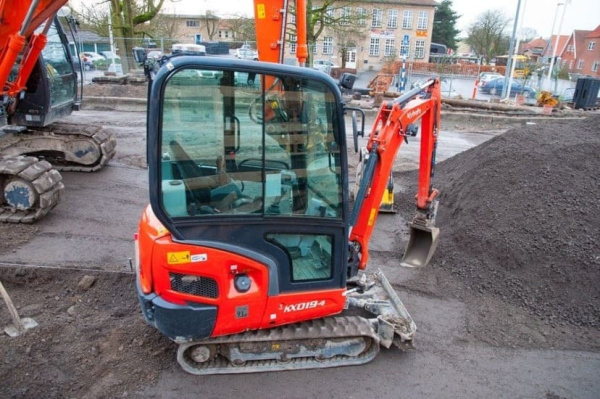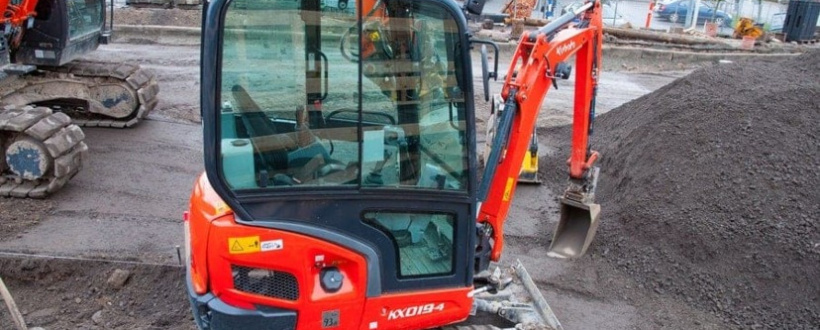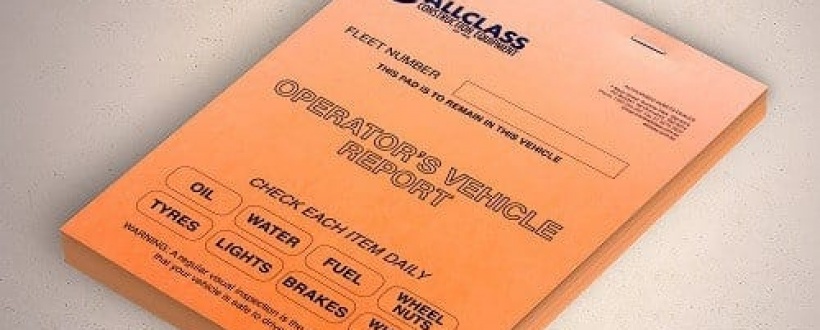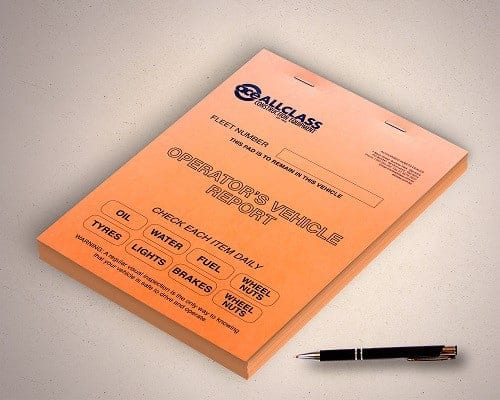
Even before the invention of the shovel, humans have always looked for ways to improve the efficiency of their work. With every new invention in the construction industry, it became possible for labourers to get more work done with less effort. Tractors revolutionised the agricultural industry by increasing the amount of land and work that could be handled by one person, enabling the global food system to feed billions of people. The mini excavator is the tractor of the construction industry, capable of performing dozens of tasks and drastically reducing the demand for unskilled labourers on site. In this article, we will expand on the wonders of this piece of machinery.
The Ultimate Multitasker
Mini-excavators are usually capable of being fitted with multiple attachments, often simultaneously as in the case of the Kubota K008-3, making them perfect for performing all kinds of jobs. Mini excavators are capable of swapping out the standard scoop for skidsteer buckets, forks, hydraulic rock grabbers, sieves and brush cutters, just to name a few. With blade attachments, mini-excavators can perform the work of bulldozers, levelling a site before utilising their hydraulic arm and the relevant attachments to begin excavations in earnest.
Amazingly Fuel Efficient
Large scale excavators are thirsty machines. Not only are they expensive to purchase and store, but their running costs are exorbitant due to the massive quantities of diesel they consume. Mini excavators, on the other hand, are much lighter and have the advantage of being refillable from the back of a pick-up truck. They can also be transported to and from building sites on normal sized trailers. Recent innovations in the industry have led to the development of auto-idling technology to reduce fuel consumption. Additionally, artificial intelligence underpinned by decades of data collection is making it possible to further refine the design and operation of these machines.
Zero Tail Swing Excavators in Tight Spaces
All of the benefits we have described so far are further multiplied by the capacity of certain kinds of excavators to work without any tail swing. The Kubota U Series is the pinnacle of this variety of excavators, with units such as the U35-4 able to perform the same work as other similarly sized units without having a tail that extends beyond the limits of its tracks. This is particularly important for working on highways and in tight spaces where this tail swing could cause serious problems.
AllClass Construction Equipment has Mini Excavators in Queensland
AllClass Construction Equipment have more than 20 years of experience as professional distributors of heavy machinery, engines and power equipment in Queensland. We specialise in new and used Kubota mini-excavators and a full complement of attachments. Talk to one of our professional consultants today by calling 1300 255 252. Alternatively, contact us online.





